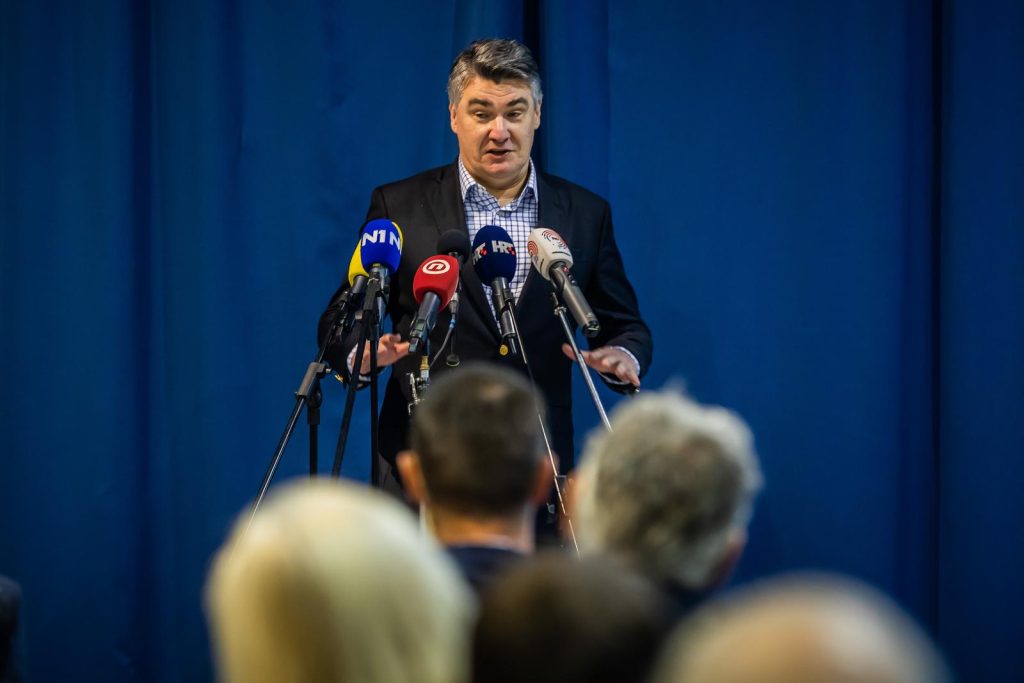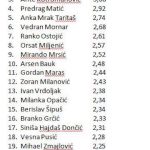“Why doesn’t he use his Bonn powers, which are undemocratic and despotic, but are nevertheless used? Why doesn’t he take a decision that will ensure automatic implementation of the Constitutional Court ruling so that we don’t depend on the Assembly that refuses to comply with the Constitutional Court order?” Milanović said during a visit to Sisak.
The Bosnia and Herzegovina Constitutional Court ruled in 2016 that the existing law discriminates against the constituent peoples because it allows the more numerous Bosniaks to choose a portion of Croat delegates to the upper, ethnic-based House of Peoples of the Parliament of the Bosniak-Croat Federation entity. Should the Bosniaks succeed in electing a third of the 17 Croat delegates, a Federation government and a state-level Council of Ministers could be appointed without Croat representatives.
Earlier this month, Schmidt used the Bonn powers to impose a decision on the financing of this year’s general election, ordering the allocation of the full amount of €6.3 million for this purpose, as requested by the Central Election Commission, instead of the €4.8 million approved by the Council of Ministers.
The Office of the High Representative has imposed about 900 different decisions since 1997. Schmidt’s predecessor Valentin Inzko used the Bonn powers at the end of his term to ban the denial of the Srebrenica genocide and the glorification of war criminals.
Milanović pointed out that Schmidt was in this position illegally because he was not confirmed by the UN Security Council.
The Croatian president also commented on the statement by Serge Brammertz, Chief Prosecutor of the International Residual Mechanism for Criminal Courts, the legal successor to the International Criminal Tribunal for the former Yugoslavia in The Hague, that Croatia was seeking justice only for Croatian victims. “Ta-ta, goodbye, we’ve had enough of this harassment and tyranny,” Milanović said.
For more, check out our politics section.










